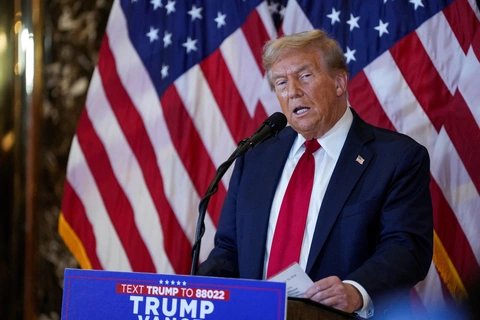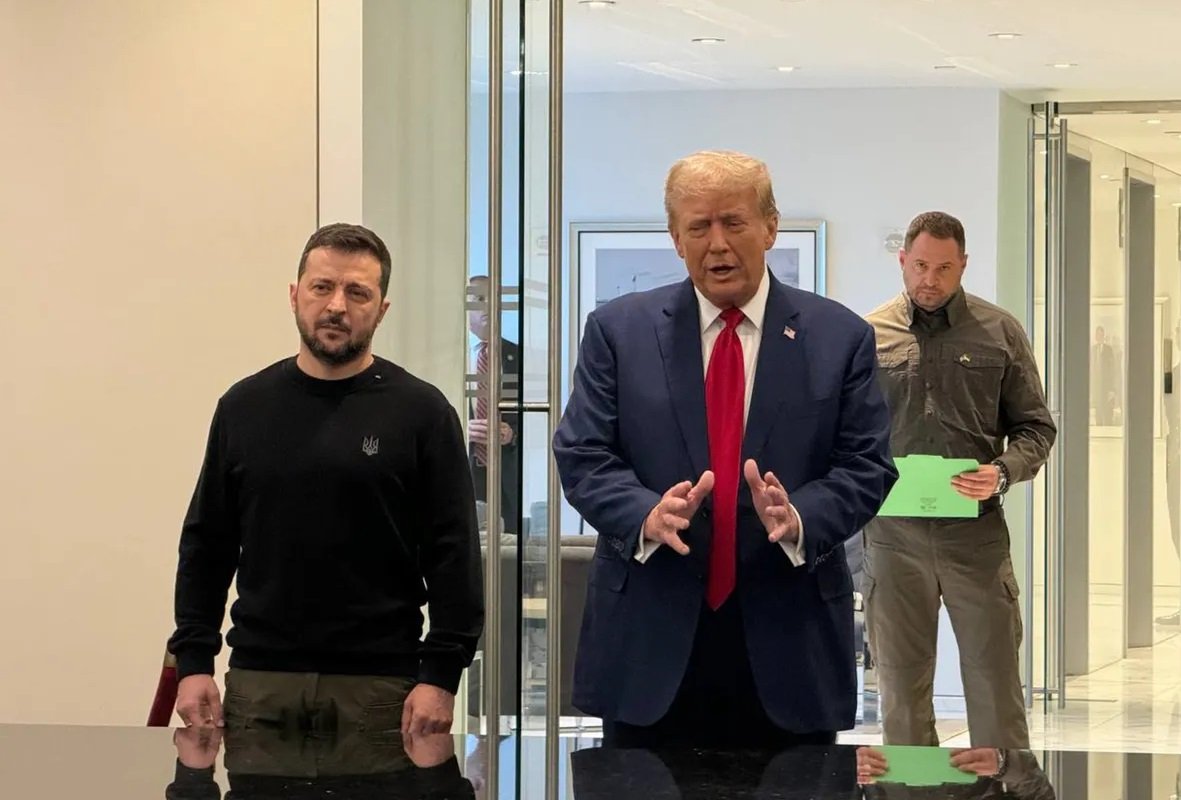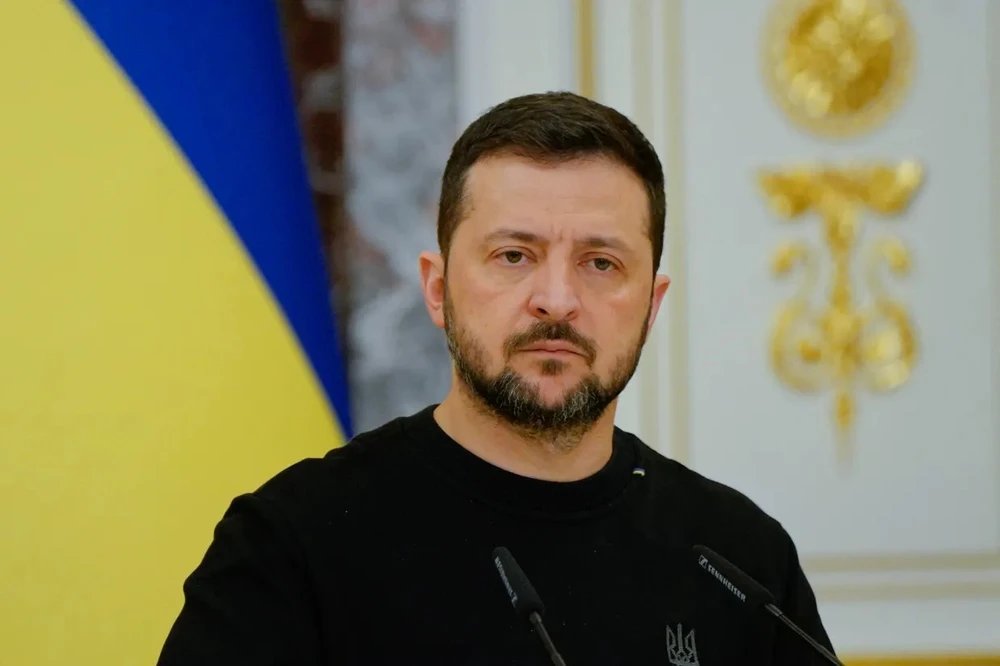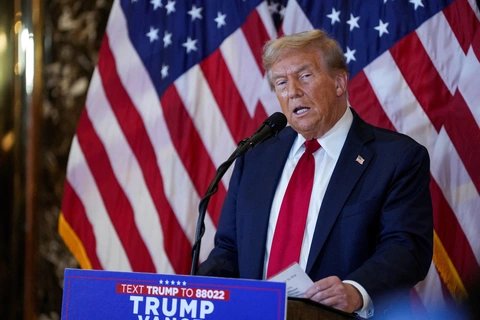In a recent statement, Ukrainian President Volodymyr Zelensky accused Russia of putting significant pressure on the United States. This assertion comes at a time when global tensions are high, particularly with the ongoing conflict between Ukraine and Russia. Zelensky’s remarks have sparked discussions on the geopolitical landscape and the role the US plays in supporting Ukraine amidst these pressures. But what exactly does this pressure from Russia entail? And how does it influence US foreign policy, international relations, and the broader global order?
### Background: The Ukraine-Russia Conflict

To fully understand the implications of Zelensky’s statement, it’s essential to revisit the ongoing conflict between Ukraine and Russia. The war, which began in February 2022, has seen Russia launching a full-scale invasion of Ukraine, leading to massive casualties, the displacement of millions, and widespread devastation. Despite initial expectations of a swift Russian victory, Ukraine has shown remarkable resilience, bolstered by significant military, financial, and diplomatic support from the United States and other Western allies.
The United States has been one of Ukraine’s staunchest supporters, providing billions of dollars in military aid, advanced weaponry, intelligence, and training to Ukrainian forces. The US has also played a critical role in rallying international support for Ukraine, pushing for sanctions against Russia and advocating for Ukraine’s right to defend itself on the global stage.
However, as the war has dragged on, tensions have emerged between the US and Russia, with Moscow accusing Washington of stoking the conflict. Zelensky’s recent comment highlights this growing pressure, indicating that Russia is leveraging various diplomatic, military, and economic tactics to influence US policy.
### Russia’s Strategy: Economic and Military Pressure
Russia’s approach to pressuring the US can be seen across several fronts. Economically, Russia has made efforts to undermine US influence through energy politics, leveraging its control over natural gas supplies to Europe. By reducing gas exports, Russia aims to destabilize European economies, creating fractures in the Western alliance and making it harder for the US to maintain support for Ukraine. This is particularly important because Europe is heavily reliant on Russian energy, and any disruption to this supply chain puts significant strain on the economies of NATO member countries.
Militarily, Russia has ramped up its activities in Ukraine and its surrounding regions, creating a complex security environment that challenges US foreign policy. Moscow has also sought to strengthen its alliances with countries like China and Iran, both of which have strategic interests that oppose US dominance in the global order. The close relationship between Russia and China, especially in terms of defense cooperation and economic agreements, serves as a direct challenge to US interests in Asia and Europe.
The Kremlin has also utilized cyber warfare as a means to target US infrastructure, potentially compromising national security. This new dimension of conflict requires the US to respond not only through traditional military means but also by fortifying its cyber defenses and increasing intelligence sharing with allies.
### The Role of the United States: Balancing Support for Ukraine and Domestic Interests

For the US, the situation is complex. While there is strong bipartisan support for helping Ukraine, there are growing concerns about the long-term costs of this support. As the war in Ukraine continues to evolve, there is a debate within the US regarding the extent of military involvement and the financial burden of sustaining Ukraine’s defense efforts. Some argue that the US should shift its focus to more diplomatic solutions, while others advocate for continued military aid to ensure Ukraine’s victory.
Zelensky’s comments suggest that Russia’s tactics are not only aimed at weakening Ukraine but also at creating divisions within the US political landscape. Moscow may be attempting to exploit any cracks in the American commitment to Ukraine, hoping that economic pressures, military challenges, and domestic political shifts could lead to a decrease in support for Ukraine. The US’s stance on Russia’s aggression is not just a matter of foreign policy—it’s also a significant domestic issue that could influence the outcome of future elections.
Furthermore, the US faces the challenge of maintaining global leadership while managing internal issues such as inflation, political polarization, and international credibility. In this context, Russia’s pressure tactics may seek to test the resolve of US leadership, both in terms of military engagement and economic stability.
### Zelensky’s Message to the US: A Call for Continued Support
Zelensky’s comments come at a time when the Ukrainian government is pushing for more decisive international support. The president’s statements serve as a reminder that the stakes are high and that the future of Ukraine is intertwined with the international community’s commitment to supporting its sovereignty.
By claiming that Russia is putting pressure on the US, Zelensky is not only highlighting the external threats posed by Russia but also drawing attention to the importance of US leadership in global security. The United States has historically been a champion of democracy and freedom, and Zelensky’s comments urge Washington to continue standing firm in its commitment to Ukraine.
Moreover, Zelensky’s remarks may be seen as an appeal to US policymakers to increase the scope of support to Ukraine, particularly in terms of advanced military technology. There have been calls for the US to provide Ukraine with fighter jets, long-range missiles, and other high-tech weaponry that could potentially turn the tide of the conflict. Zelensky’s statement underscores the urgency of this need, indicating that Russia’s tactics are only becoming more aggressive and sophisticated.
### The Global Impact: Shaping International Relations

Zelensky’s assertion that Russia is putting pressure on the US also has broader implications for international relations. The war in Ukraine is not just a regional conflict—it is a critical moment in the struggle between authoritarianism and democracy on the global stage. Russia’s actions are being watched closely by other authoritarian regimes, particularly China, which has been increasingly assertive in its own sphere of influence. The US’s response to Russia’s aggression will send a message to other global powers about its willingness to defend democratic values.
If the US were to falter in its support for Ukraine, it could embolden other authoritarian regimes, potentially leading to a more fragmented global order. On the other hand, continued US leadership and a strong commitment to Ukraine could inspire other democratic nations to unite in defense of international norms, setting a precedent for how the world responds to future acts of aggression.
### Conclusion: The Pressure Intensifies
In conclusion, Russia’s pressure on the United States, as highlighted by President Zelensky, is a significant development in the ongoing Ukraine-Russia conflict. Russia is using a combination of military, economic, and diplomatic tactics to challenge US leadership and influence the course of the war. Zelensky’s call for continued US support underscores the importance of international unity in the face of this aggression.
As the war drags on, the US faces the delicate task of balancing support for Ukraine with its own domestic interests and global responsibilities. The outcome of this conflict will have lasting implications not just for Ukraine but for the future of international relations, democracy, and global security.
The situation remains fluid, and only time will tell how the US will respond to the mounting pressures from Russia. But one thing is clear: the world is watching, and the stakes have never been higher.
